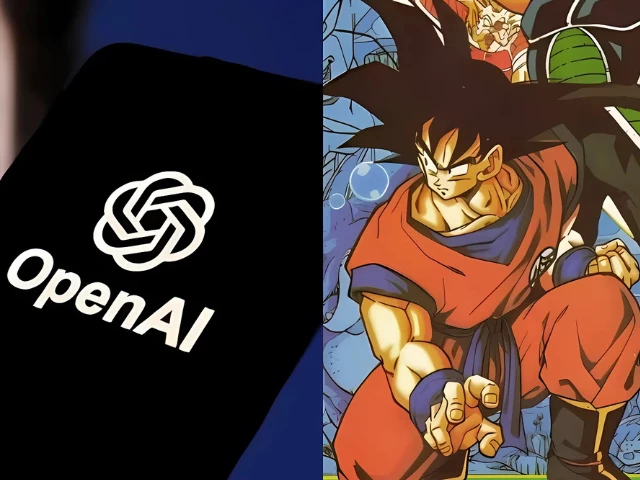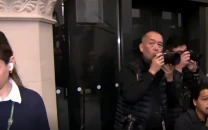ByteDance launches Goku AI, taking on OpenAI in the AI race
China's Goku AI shakes up artificial intelligence race, posing new challenges for OpenAI and US regulators

ByteDance has launched Goku AI, an advanced artificial intelligence model for image and video generation, intensifying competition in the AI sector and challenging OpenAI’s dominance. Named after the legendary anime character Goku—widely regarded as one of the greatest fictional heroes.
The debut of Goku AI comes at a time when the global AI landscape is shifting rapidly, with concerns over regulation, accessibility, and geopolitical implications.
Goku AI leverages rectified flow transformers, a sophisticated AI model that enhances the flow of information during generation, resulting in smoother, more accurate visuals.
Unlike traditional AI models, Goku refines its digital "brushstrokes," reducing glitches and distortions in generated content. The model can produce high-quality visuals from text prompts, making it a formidable rival to OpenAI’s Sora.
Open-Source Disruption and Strategic Implications
One of Goku AI’s defining features is its open-source nature, aligning it with models like Meta’s Llama and DeepSeek. This accessibility lowers barriers for businesses and startups worldwide but also raises challenges for AI regulation efforts, particularly in the US Open-source AI cannot be easily restricted by trade barriers, making it difficult for governments to control its proliferation.
“Having the best AI model is no longer enough,” said AI expert and Cornell faculty member Lutz Finger. “Goku reinforces that regulation alone won’t determine success—adaptability and application will.”
The emergence of Goku AI highlights the growing influence of Chinese firms in artificial intelligence, underscoring a shift away from US dominance. As China continues to invest heavily in AI, its models are becoming more sophisticated and widely adopted, challenging Western firms that once led the industry.
Business Applications and Market Impact
Goku AI’s launch signals a broader transformation in how businesses engage with AI. The model’s ability to generate high-quality content at scale is expected to reduce production costs, mirroring past disruptions in software development, writing, and now video creation. The focus for businesses will shift from content generation to selection and strategic implementation.
“Creative directors come up with 20 different ideas, but the real challenge isn’t generating them—it’s selecting the right one and executing effectively,” Finger noted. “AI’s success depends on how it is integrated into business workflows.”
To capture this value, industry leaders emphasize the need for AI literacy across organizations. A top-down approach to AI adoption is insufficient, as the technology will impact every facet of business, from marketing and sales to customer experience and production.
The Deepfake Dilemma and Ethical Concerns
While Goku AI expands creative possibilities, it also amplifies risks associated with deepfake technology. The increasing ease of generating hyper-realistic content raises concerns over misinformation, identity theft, and political manipulation. AI experts stress the need for robust detection systems and public awareness campaigns to mitigate these threats.
“With tools like Goku making deepfakes more sophisticated, society must become more skeptical of digital content,” Finger warned. “The only real defense is investment in AI literacy and detection technology.”
Geopolitical Stakes and the Future of AI Leadership
The launch of Goku AI comes amid heightened competition in the AI sector. OpenAI, once the undisputed leader, now faces mounting pressure from emerging players. The AI landscape is no longer defined by having the most advanced model but by building adaptable ecosystems that integrate AI seamlessly into real-world applications.
The US government has sought to secure access to cutting-edge AI technology, viewing China’s advancements as a strategic challenge. Goku AI’s arrival further complicates these efforts, as its open-source nature makes it difficult to regulate or contain within national borders.
At the same time, OpenAI is dealing with internal challenges, including Elon Musk’s recent hostile bid. The competition between proprietary and open-source models will shape the future of AI, with success hinging not only on technological breakthroughs but also on the ability to deploy AI effectively across industries.
As the global AI race intensifies, Goku AI’s launch represents more than just a new tool—it is a statement of China’s growing influence in artificial intelligence. Whether it reshapes the market or deepens regulatory debates, its impact will be closely watched by governments, businesses, and AI leaders worldwide.





















COMMENTS
Comments are moderated and generally will be posted if they are on-topic and not abusive.
For more information, please see our Comments FAQ